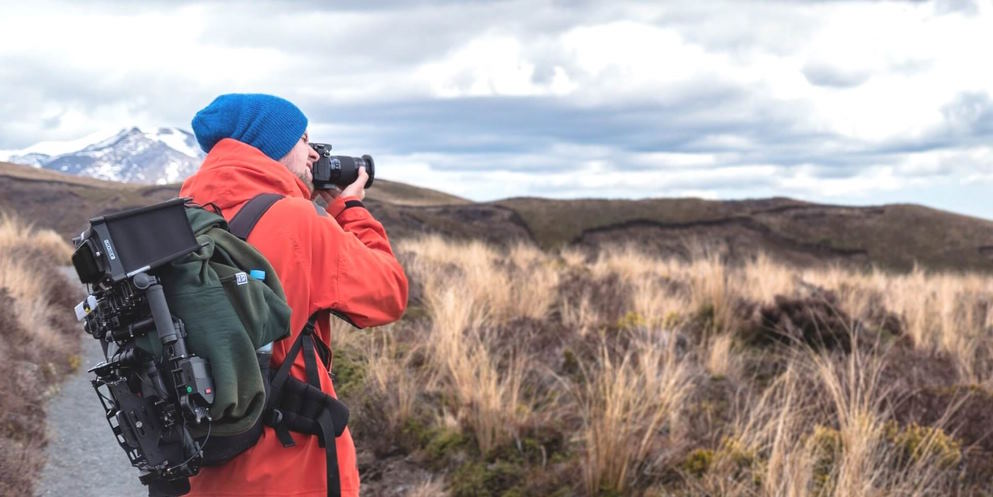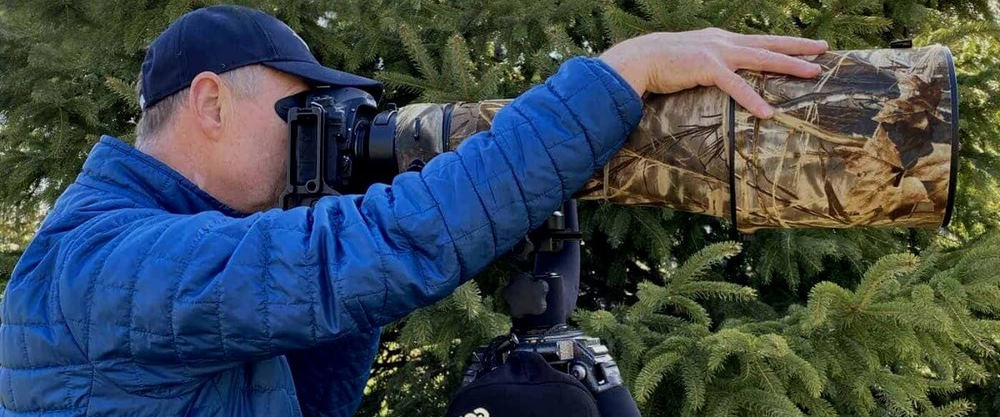For most of us, the great outdoors is full of breathtakingly beautiful sights and scenes worthy of preservation. But, if you are an amateur photographer looking for tips on capturing these stunning images, you have come to the right place! In this blog post, we will explore a few key principles and techniques that will help you take stunning outdoor photographs every time.
Look for interesting details
Looking at natural views can be pretty, but sometimes people get lost in them and don’t look as good in pictures. To make a photograph of a natural landscape look better, find something small to focus on, like a group of flowers or one tree. By focusing on the details, you will be able to capture a more interesting image highlighting nature’s beauty.

Give depth
When you take pictures of a big area, it can look like it is not very deep. It happens because of how you focus the camera and also because of how you frame the picture. To make the area look deeper and more spacious, take a close-up picture of your subject.
Move the main subject off the center of the picture
For wedding photography, it is common to center the photo’s subject when friends take photos of the bride and groom. For a landscape photograph, there is a “rule of thirds”. It means dividing the image into 3 parts horizontally and 3 parts vertically. As a result, there are 9 areas. To make the photograph interesting and balanced, the horizon line should be in the bottom third of the image. The object of interest should be in the side third, to the right or left of the composition.
Use imaginary lines to grab the viewer’s eye
When taking landscape photographs, it is best to align the horizon with one of the horizontal lines. It will make the photograph more interesting. If the point of interest is the land or lake in the foreground, then align the horizon with the top horizontal line. However, if you want to create a dramatic sky effect, align the horizon with the bottom horizontal line so that more of the frame is filled with sky.

Expect the moment of perfect lighting
You might not be able to wait around all day for the sunset, but keep in mind that the sun in the sky emits an even light that smooths out the details. Sunrise and sunset provide warmer lighting and give the image depth. When shooting during the golden hours of sunrise and sunset, the light is not too harsh and casts a warm glow across the landscape.
Play around with filters
Filters are very useful when it comes to outdoor photography. They allow you to control how much light enters your camera and can give you some creative freedom when taking pictures. For example, neutral Density filters are great for landscape photography, as they reduce the amount of light entering the camera without changing the image’s color. Polarizing filters can also reduce reflections and increase contrast in certain areas.
Finally, ensure you have plenty of batteries and memory cards, so you don’t have to worry about running out of space or power. Outdoor photography can be a lot of fun, and you’ll likely end up with some amazing photos if you practice the above mentioned techniques. So have fun and enjoy the beauty of nature!


